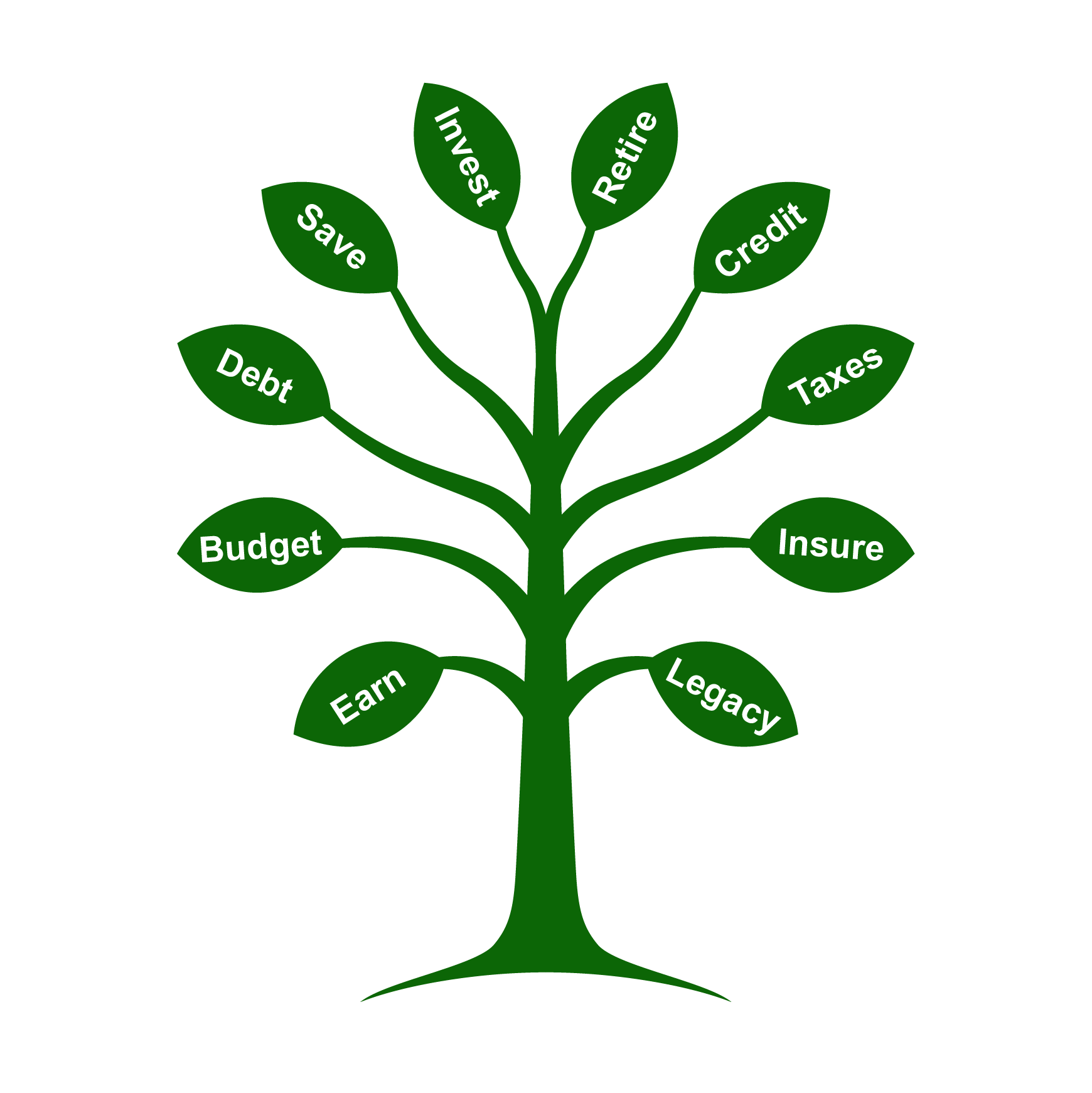Budgeting Tips to Slash Your Spending: Big Moves & Small Shakes for Maximum Savings

If you’re looking to trim your budget, here are two budgeting tips to get the biggest bang for your budget bucks: make a couple big moves — or lots of small ones, whichever you prefer. Here’s how.
Reduce Your Largest Expense Categories
The Pew Research center highlights an affordability crisis among renters: “In 2020, 46% of American renters spent 30% or more of their income on housing, including 23% who spent at least 50% of their income this way, according to the most recent data available from the U.S. Census Bureau.” Finding ways to cut your largest expenses, like housing, while challenging, can reap significant financial rewards. Here are some large-expense budget categories you may want to put on the chopping block.
- Housing: Consider downsizing to a smaller home or moving to a less expensive area to significantly reduce your monthly rent or mortgage payments.
- Transportation: Opting for a less expensive car, ride-sharing, carpooling, telecommuting or using public transportation can dramatically cut down on transportation costs.
- Education: Pursuing scholarships, attending community college before transferring to a university, or taking online courses can help reduce education costs significantly.
- Healthcare: Using generic medications (in consultation with your physician), prescription savings cards or utilizing health savings accounts (HSAs) if you have access to one can help lower healthcare expenses.
- Major Purchases: Waiting for sales, buying refurbished items, or opting for less expensive brands can save money on big-ticket items like appliances or electronics.
Shrink Small, Recurring Purchases
Small, but frequent expenses can quickly add up over time. Here are a few ways you can gradually boost your bottom line week by week with just a few small adjustments. You may even uncover expenditures that you didn’t even realize you had.
- Subscriptions: Evaluate all subscription services (streaming, magazines, apps) and cancel those you rarely use.
- Eating Out: Limit dining at restaurants or ordering takeout. Cooking at home a couple more times a week can help you save — and may even boost your health.
- Groceries: Use coupons, buy in bulk, and choose store brands over name brands to reduce your weekly grocery bill.
- Energy Costs: Lower your utility bills by using energy-efficient appliances, turning off lights when not in use, and setting thermostats appropriately.
- Coffee and Snacks: Brew your own coffee at home and pack snacks instead of purchasing them daily to garner substantial savings.
By targeting both large and small expenditures in your budget, you can help optimize your spending — and boost available funds to put toward things things like saving for retirement or an emergency fund. Remember that you don’t need to use all of these budgeting tips. Pick the strategies that are best for you and consider working with a qualified financial advisor. The most important thing is to just get started.
Source


